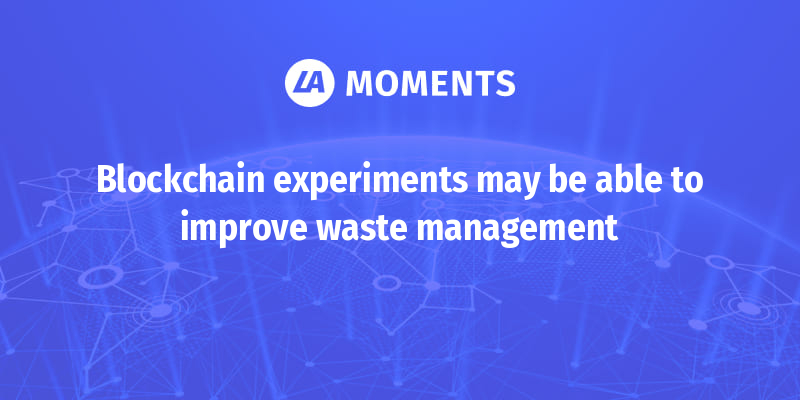Waste collection essentially consists of different data points along a chain. So, it’s only natural that blockchain technology has the potential to facilitate improvements to that process.
Local entrepreneur Ivan Zubilewicz first discovered blockchain technology in 2015. It eventually inspired him to establish a waste-collection initiative.
“The idea sort of came from this desire to look at people’s habits, to change the way that people interact with the resources they’re using,” Zubilewicz says. He created JellyCoin, whose value is pegged to the Argentinian peso.
In Argentina, the majority of waste collection is done by people who sort garbage then bring it to the appropriate processing points. JellyCoin intends to compensate these workers, particularly for how much waste they collect, sort, and deliver. Zubilewicz says JellyCoin could also be used to make certain payments to the city, such as real estate taxes.
